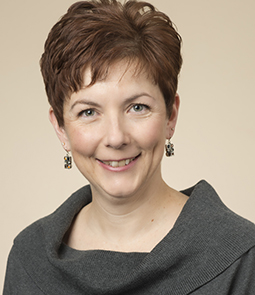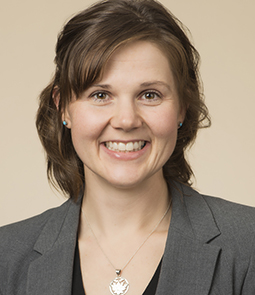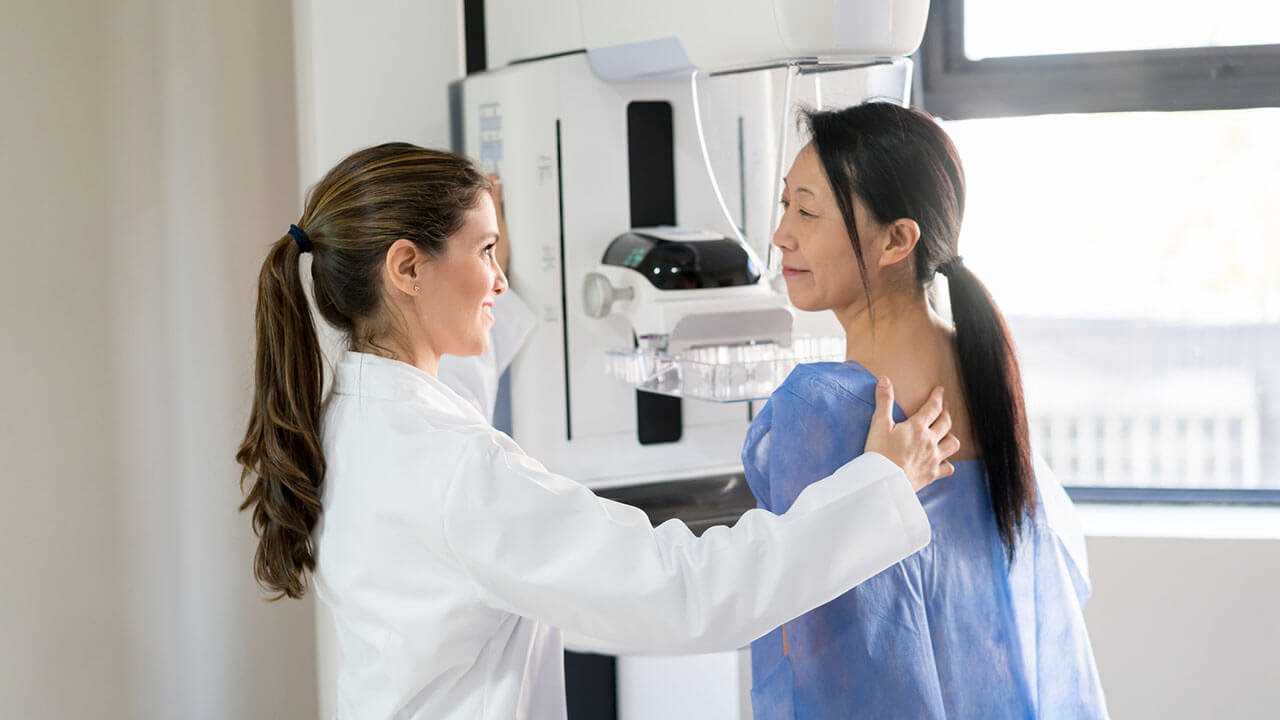

According to a study published in Menopause: The Journal of the Menopause Society, July is a peak month for menopause symptoms. Women had a 66% greater likelihood of experiencing hot flashes, 50% higher likelihood of night sweats, and 24% higher likelihood of other sleep problems (Harlow et al., 2020). For many women who experience menopause symptoms – and about 85% of women do – summer can be a season of dread.
Kelsy Kellermann, A Menopause Society Certified Practitioner (MSCP) and Women’s Health Physician Assistant, noted there are many reasons the summer months bring on an onslaught of more intense symptoms. Many common summer activities can trigger significant discomfort. These can include travel, stress, alcohol consumption (particularly wine), warm temperatures and temperature fluctuations, dehydration, and more. However, this does not mean women who are in perimenopause or menopause should stop enjoying the season altogether.
Kellermann described how many women feel when they come to her to address this new stage in their lives: “Many women say, ‘I don’t feel like myself in my mind and my body.’” She also added many women do not feel they have a choice, explaining “women think it’s just something that happens; you just experience it, you just push through it.” This sentiment certainly holds true – a 2024 AARP survey found 42% of women never discuss their symptoms with a health care provider, and only 1 in 5 will see a menopause specialist for care (Nania, 2024).
Kellermann, in addition to Dr. Kristen Powell, are two such specialists at Prevea certified by the Menopause Society to provide specific, evidence-based care to patients. This includes finding what kind of treatments may or may not work for different women, as every menopause journey is different. Kellermann and Dr. Powell are 2 of only 5 MSCPs within more than 50 miles of Green Bay, Wisconsin. “There is a certification process available for a reason,” said Kellermann. “There are specific guidelines to follow to provide safe care. Menopause affects so many areas of our lives: physically, emotionally, mentally – professionally as well.”
But when is it time to see an MSCP? Kellerman says, “Anytime you feel symptoms are starting to affect quality of life.” She also explained that these symptoms aren’t ‘just menopause.’ It is important to understand that metabolic, cardiovascular, and endocrine system health are also impacted.
If you are feeling daunted by how the upcoming summer heat might intensify your menopause symptoms, there are steps you can take. For immediate relief, Kellermann recommends being mindful about keeping yourself hydrated, wearing lighter or linen clothing, or using a portable fan to cool down. If you have any questions about your symptoms or their severity, call (920) 436-1360 to speak to a triage nurse or to schedule an appointment with a specialist.
Menopause Society Certified Practitioner (MSCP)

Kristen Powell, MD
Family Medicine Physician

Kelsy Kellermann, PA-C, NCMP
Physician Assistant, Obstetrics


